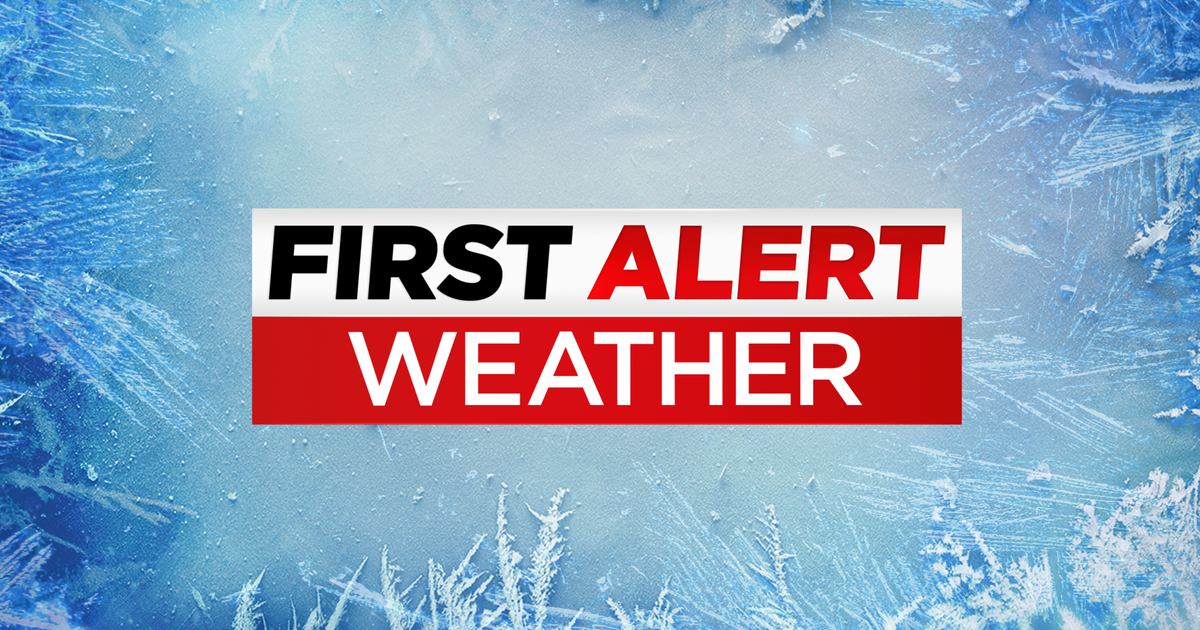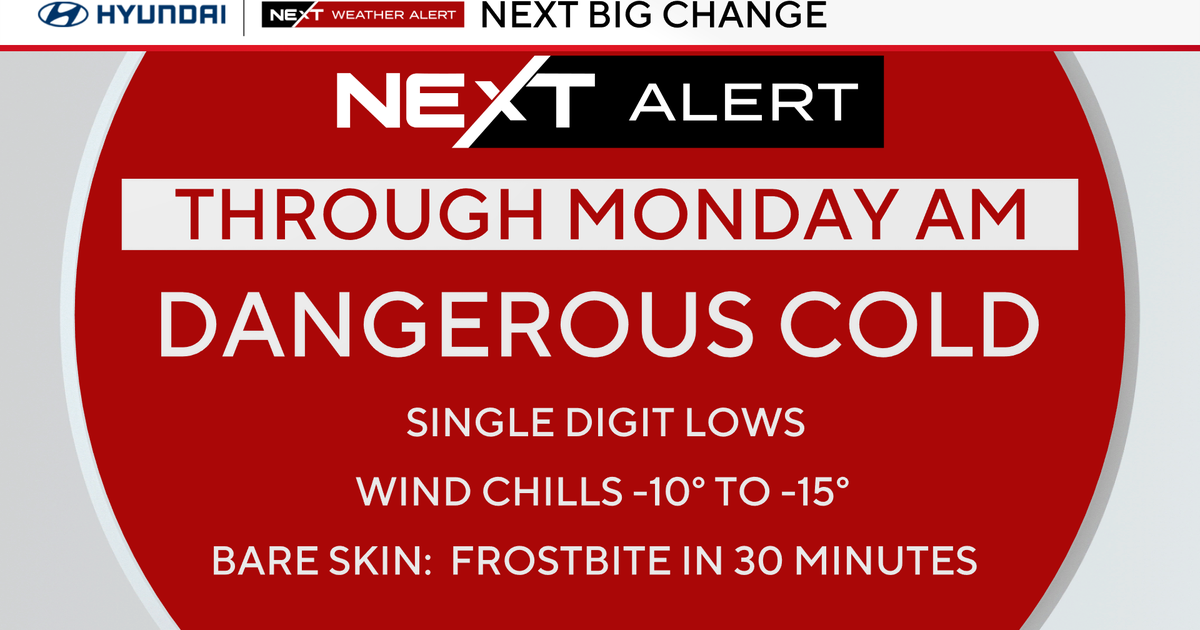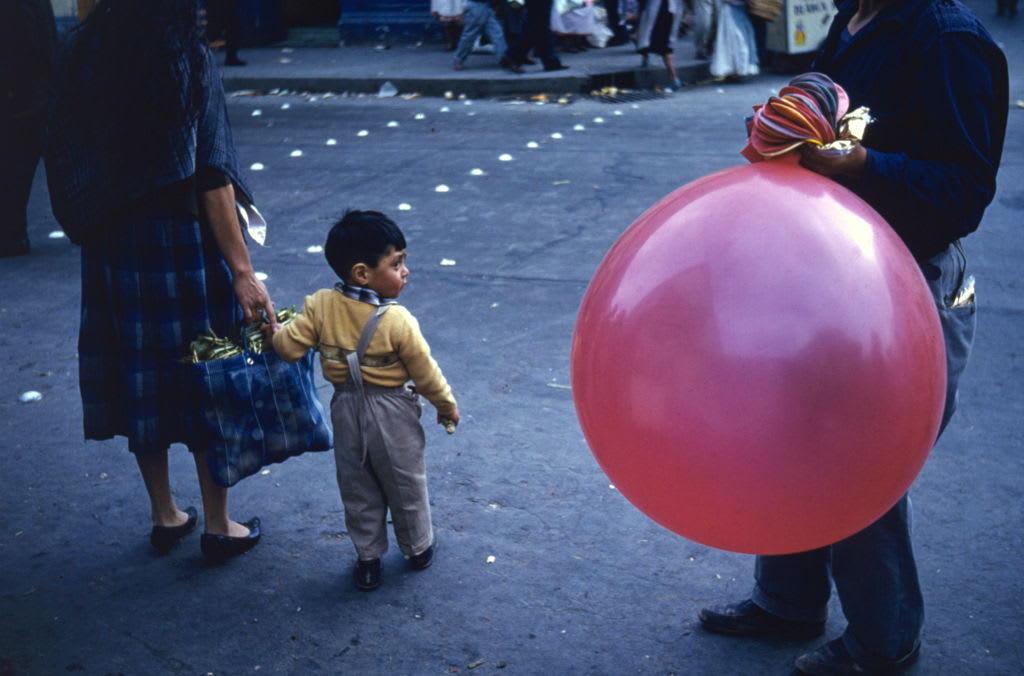Getting a Cold? Finally, Something that Works
http://i.bnet.com/blogs/2496547410_14559063e4_m.jpgBy Laurie Tarkan
You've burned the midnight candle at work but just as the monster project is winding down, you feel the headache and stuffiness set in. So what do you reach for to stop an impending cold?
Airborne, the herbal formula? Nope, it's just a brilliant marketing scheme . Mega doses of Vitamin C? Maybe, but it hasn't worked for you in the past. Oscillococcinum? Doubt it. Can't even pronounce it.
Zinc?
Bingo.
Finally, a major research review by the well-regarded Cochrane Collaboration concluded that taking zinc within 24 hours of your first symptoms does reduce the length and severity of your cold symptoms. The meta analysis was top notch, including 15 large randomized double blind trials. Exactly how much relief you'll get is not certain, but one study included in the analysis found that those who took zinc suffered only four days of cold symptoms compared to the week-long bout of symptoms that controls endured.
Taking zinc for at least five months also reduced the incidence of colds, school absenteeism and the number of antibiotic prescriptions for children with colds. Presumably, in adults that would translate to fewer missed work days and fewer colds morphing into sinusitis or bronchitis.
Zinc, it turns out, has antiviral properties that help prevent cold viruses from attaching to nasal membranes, stop the virus from replicating, and may slow the release of histamine, responsible for nasty cold symptoms. But here's the rub: Lots of products, including the infamous Airborne, claim to contain zinc, but since they're unregulated, you don't really know how much active zinc you're getting. Plus, the study fell short of recommending an effective dose and formulation (lozenge, tablet or syrup) or how long you need to take it.
So before you head to the drugstore, here's what you need to know:
- Several studies in the review used Eby's ColdCure zinc acetate lozenges. These, however, are not presently available according to this message on the company's website: "As of December 3, 2010, we sold out of Eby's ColdCure and are not taking new orders at this time. We may resume sales later in 2011, but maybe not too. Our production capacity is far too small. Also, we gave up after fighting the nay-sayers for over 30 years."
- Proper dosage matters. Subjects in the studies took the ColdCure lozenges, which contain about 18 milligrams of zinc, three to four times a day, with daily doses ranging from 90 mg to 160 mg.
- Sometimes flavoring or other added ingredients can make the zinc ineffective, so you may need to try a few different brands. Start with one of more popular preparations like Cold-eeze or Zicam or try a zinc syrup. If one product doesn't work, try another.
- Start taking zinc within 24 hours of the first signs of symptoms and take it as recommended, typically three or four times a day for several days.
- One final caveat: Avoid nasal zinc products. In 2009 the Food and Drug Administration warned consumers not to use them because they were associated with a loss of smell.
Have you tried zinc before, and has it worked? What cold remedies do you use?
Related:
Cell Phone Radiation: 9 Ways to Be Safer
Laurie Tarkan is an award-winning health journalist who writes for the New York Times, national magazines and websites including Health, Prevention, iVillage and the Huffington Post. Follow her on twitter.
Image courtesy of flickr user, Svenstorm



